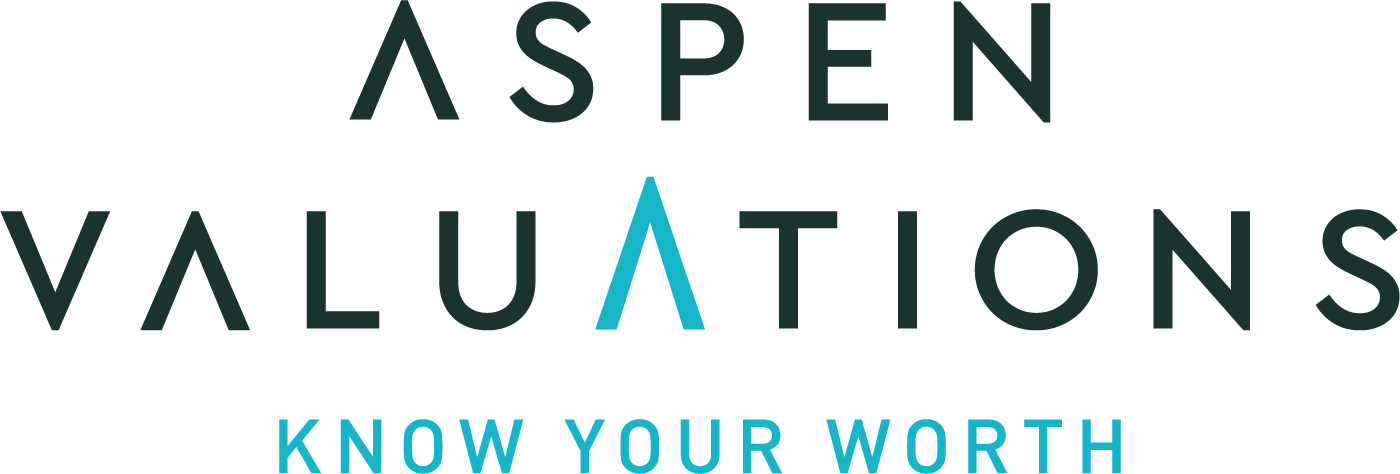What You Need to Know About the SBA’s New Appraisal Guidelines

If you’re navigating the SBA lending process, recent changes to the SBA’s Standard Operating Procedures (SOP 50 10 5(H)) are worth noting. These updates, effective May 1, 2015, impact how business and real estate appraisals are handled — and they bring more clarity and structure to the process.
Business Appraisal Terminology Gets a Refresh
One of the most noticeable updates is a simple but important language change: the SBA now uses “business appraisal” instead of “business valuation” throughout the SOP. This shift helps standardize expectations for all parties involved.
Recognized Credentials Expanded
The SBA now officially recognizes several credentials for qualified appraisers, including the Business Certified Appraiser (BCA). It also acknowledges that the Accredited Valuation Analyst (AVA) has been rolled into the Certified Valuation Analyst (CVA), reflecting current industry standards.
Clearer Purpose for Appraisals
Appraisals are now defined as tools to support the seller’s price using an independent, expert opinion — rather than just focusing on ROI. This clarification reinforces the need for unbiased, well-supported valuations.
Special Use Properties Require Special Care
If the business includes a unique-use property like a hotel, car wash, or gas station, a Certified General Appraiser must be involved. The value must also be clearly broken down into land, buildings, equipment, and intangible assets.
Reporting and Structure Requirements
Appraisals must be prepared for the lender and meet specific reporting standards. While real estate appraisals must follow USPAP guidelines, business appraisals are encouraged to do so, even if not mandatory. The appraisal also needs to state whether the deal is an asset or stock purchase, and if that structure changes, the report must be updated accordingly.
Why It Matters
These updates aim to make the appraisal process more consistent and transparent — both for lenders and borrowers. Whether you’re a buyer, seller, or advisor, staying informed about these changes can help ensure your next SBA-backed transaction goes smoothly.
